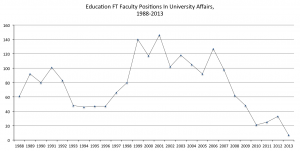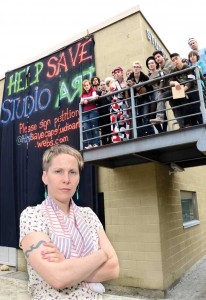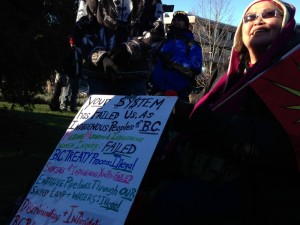In response to pressure from the Faculty Association of UBC and Canadian Association of University Teachers (CAUT), the Chair or UBC’s Board of Governors has resigned while an investigation moves to find to what lengths he had gone to place a check on academic freedom. In the midst of President Gupta’s sudden resignation on 7 August, professor Jennifer Berdahl queried whether he lost a masulinity contest. Surprisingly, the Chair of BoG, John Montalbano, who also funds the Sauder School and her Professorship, gave her a phone call.
His purpose in calling was to tell me that my blog post from the day before was “incredibly hurtful, inaccurate, and greatly unfair to the Board” and “greatly and grossly embarrassing to the Board.” He said I had made him “look like a hypocrite.”
Her Chair and Associate Dean followed up, chastising her for potentially damaging the reputation of the School and University. Berdahl concluded, “I have never in my life felt more institutional pressure to be silent.”
She explained: “When I imagine being an assistant professor at this university, or anyone without the protection of tenure, this experience becomes unspeakable. I would be terrified, not angry. I would have retracted my post, or not have written it at all. I would avoid studying and speaking on controversial topics.”
Sauder Dean Robert Helsley tried to follow up as well but then canceled the meeting with Berdahl after she indicated she would be accompanied with FAUBC representation.
Yes, these are the same administrators that bungled their oversight over gender, diversity and the undergraduate curriculum as Sauder students chanted a rhyme about rape two years ago.
It’s time, once again, for accountability. Is it not time for the University to ask for Dean Helsley’s resignation? Is it not time to offer his resignation along with Mr. Montalbano?
Is he the ‘mystery Dean‘? Put your money down on this bet…

 Follow
Follow


How not to run a university (Prologue + Trilogy)
Here are links to E. Wayne Ross’ commentaries on the ongoing leadership crisis at the University of British Columbia. All the commentaries have appeared on his blog and several have also appeared in the Vancouver Observer:
Comments Off on How not to run a university (Prologue + Trilogy)
Posted in Academic freedom, Academics, Accountability, Administration, Bullying & Mobbing, Commentary, Corporate University, Free speech, Governance
Tagged Academic freedom, Accountability, Arvind Gupta, bullying, Ethics, Free speech, Governance, harassment, higher education administration, Jane Berdahl, John Montalbano, leadership, Sauder School of Business, transparency, UBC, UBC Board of Governors, UBC Faculty Association, UBCFA, University of British Columbia, University presidents